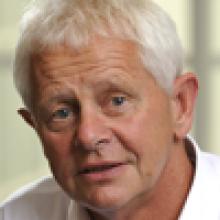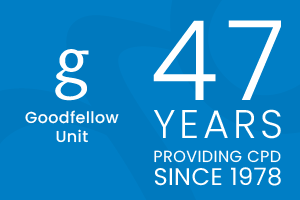Professor David Gerrard talks about how we can inadvertently cause a doping ban for our athletic patients by prescribing routinely used medicines. Serious athletes are no different to “normal” patients, however can be subject to doping control. These can include the pool of athletes in our national teams, or anyone competing in international events.
Problems that are commonly managed in primary care such as asthma, inflammatory bowel disease and diabetes can cause a ban if the right procedures aren’t followed. Points included:
- how we know if our patients are subject to doping control
- how we find out if a drug is banned in sport
- how to use a Therapeutic Use Exemption (TUE) if required.
Resources
- Drugfree Sport NZ, inc TUE application.
- WADA website
Presenter

Professor David Gerrard
OBE CNZM MBChB(Otago) FACSEP FSMNZ FFSEM(Hon)
David Gerrard is Emeritus Professor at the Otago Medical School in the Department of Medicine. His specialty is sport and exercise medicine. He continues to Chair the World Anti-Doping Agency Committee for Therapeutic Use Exemption (TUE), is Vice-Chair of the Sports Medicine Committee for International Swimming (FINA) and Chair of the TUE Committees of World Rugby and FINA.
As an academic, David spent the bulk of his clinical career in undergraduate medical education, with research his focus at the Otago Medical School where he was also Associate Dean. He has published his research on topics including paediatric sports medicine, sports injury prevention, bioethics and sports anti-doping with more than 120 peer-reviewed academic publications and book chapters.
A former national swimming and surf champion, David was a 1964 Olympian and a 1966 Commonwealth Games swimming gold and bronze medallist. He is one of only 11 swimmers to be inducted into the New Zealand Sports Hall of Fame. David has also served as NZ Olympic Team Doctor, Chef de Mission, and Medical Commission member for a period extending over 10 Summer Olympic Games. In Rio de Janeiro he was medical commissioner responsible for the oversight of doping control at aquatic events. In addition he has served as Anti-Doping Commissioner at Rugby World Cups in 2011 and 2015. In recognition of services to medicine and sport, David was made an Officer of the British Empire (OBE) in 1996 and a Companion of the New Zealand Order of Merit (CNZM) in 2006.

